by Buck Institute
November 11, 2024 . BLOG
Excited about participating in our clinical trials?
Here’s what you need to know about our Clinical Research Core, Part 2
In our last blog we talked about the mission of the Buck’s Clinical Research Core (CRC) and how it links to our basic research. Here, in Part 2, we discuss how the CRC came about and how it is growing.
The Clinical Research Core (CRC) all began with a fascination with ketone bodies. The co-heads of the CRC, Director of Translational Science Brianna Stubbs and Assistant Professor Newman, MD, PhD have studied ketones throughout their careers. Stubbs did her PhD studies on ketone drinks in humans, and Newman has done ketone research in animals for a decade. Studies have shown that ketone body supplements may provide a number of health benefits, without having to go on the traditional strict ketogenic diet. But whether this will pan out in clinical trials, along with the important details of which ketones, how much, and how different people respond, isn’t known.
 Newman and Stubbs had thought for a while that it could be possible to do clinical research at the Buck to begin to answer those questions. “We had all the pieces at Buck, we just needed a catalyst to start actually putting it all together,” says Newman. An individual donor provided that catalyst. Retired physician Jim Johnson had been using a ketone drink and thought it made him feel better, but he wanted to know if it was really helping in measurable ways. His generous donation to the CRC jumpstarted the process of hiring and training research assistants and part-time study nurses, figuring out how to prepare all the necessary regulatory documentation, and locating an appropriate space to begin.
Newman and Stubbs had thought for a while that it could be possible to do clinical research at the Buck to begin to answer those questions. “We had all the pieces at Buck, we just needed a catalyst to start actually putting it all together,” says Newman. An individual donor provided that catalyst. Retired physician Jim Johnson had been using a ketone drink and thought it made him feel better, but he wanted to know if it was really helping in measurable ways. His generous donation to the CRC jumpstarted the process of hiring and training research assistants and part-time study nurses, figuring out how to prepare all the necessary regulatory documentation, and locating an appropriate space to begin.
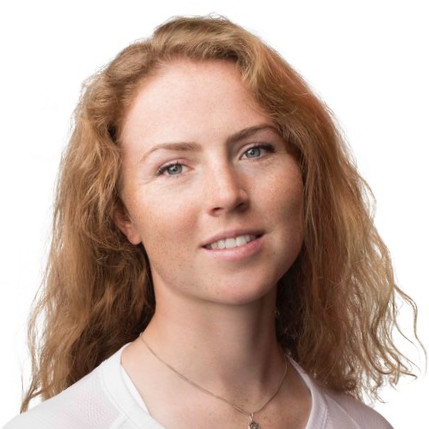 “Traditional funders such as the NIH would probably never have funded this project,” says Stubbs. “We had no track record.” The Impact Circle, the Buck’s popular donor group, further supported biomarker studies of this first trial of the ketone supplement, ensuring it would be a translational study linked back to basic science.
“Traditional funders such as the NIH would probably never have funded this project,” says Stubbs. “We had no track record.” The Impact Circle, the Buck’s popular donor group, further supported biomarker studies of this first trial of the ketone supplement, ensuring it would be a translational study linked back to basic science.
The CRC launched in 2022 with a single study on a ketone drink that was commercially available. That study, dubbed BIKE (Buck Institute Ketone Ester), determined the safety of daily consumption of ketone ester beverages in older adults. The overwhelmingly enthusiastic response of participant volunteers helped it finish in under a year, from first to final study visit. It has already resulted in two accepted publications, with two more progressing through peer review. A wide array of aging biomarkers and multi-omic analyses are also underway, work that will bear scientific fruit for years to come.
At around the same time, the Buck began a clinical trial of ketones for use in the military, called STAK (Strategies to Augment Ketosis), in collaboration with Ohio State University. The portion of STAK being run at Buck tests how individuals of various ages with differing health conditions respond to a ketone ester. “Those two studies, STAK and BIKE, are the core that started us off because of our shared scientific and practical experience studying ketone drinks,” says Stubbs.
Federal funding is accelerating the program
After BIKE was established and running, $3.5 million in federal funding was obtained to launch the much larger TAKEOFF (Targeting Aging with Ketone Ester in Older Adults for Function in Frailty) trial, testing whether taking ketone drinks can help with physical function in people with early signs of frailty, a medical condition of reduced function and health in older people. The Buck is leading the study, which also involves Ohio State University and the University of Connecticut as collaborating enrollment sites, and the San Francisco Coordinating Center which makes sure things run smoothly between sites.
“TAKEOFF is also helping to launch our efforts to diversify geroscience clinical trial participation. Geroscience is a unique field that affects every one of us as we age, and it’s important to us that everyone in our community can be involved,” says Newman. TAKEOFF will enroll Spanish-speaking participants, and the CRC team includes several bilingual study staff. With TAKEOFF soon getting off the ground, the Buck CRC has begun an outreach program to local community groups serving older adults, especially in Latino communities.
In addition to the ketone drink studies, the number of trials keeps growing and moving in different directions. Current trials include an exploration of the effects of exercise on aging to understand better how exercise improves health and increases lifespan, and using a supplement to reduce the damaging effects of sugar metabolism to determine if it can improve hormonal health in postmenopausal women.
Meet the team and find out what they love about their jobs
None of this could be accomplished without the team that has been assembled, which includes senior nurses with decades-long experience in dealing with vulnerable older patients in medical environments, physicians experienced in both clinical research and the care of older adults, and clinical research associates with many years of clinical, laboratory and research experience to carry out the day-to-day activities. The team collects samples, including biological specimens, physical measurements, and questionnaires testing cognitive levels. They also process the samples in the laboratory, create computerized databases of the collected results and analyze the various data using self-created computer programming.
In addition to Stubbs and Newman, and new part-time physicians, the current CRC team includes a small but mighty team. Read on to hear what they have to say about their work at the Buck

Laura Alexander, RN, [BSN, CFCS], Clinical Research Nurse
“In my most recent position as Director of Nursing for a Long-term Care Facility I was shocked and frustrated at the lack of care that my patients received regarding their feet. I decided to change that by becoming a Certified Foot Care Specialist, and I am working at the Buck Institute for Aging to hopefully continue to contribute to the improvement of the care of the aging population.”

Thelma Y. García, Ph.D., Administrative Director of CRC
“I am excited to interact with a group of amazing people that are truly passionate about the work we do. I hope to continue to apply my expertise in research project management and a commitment to diversity, equity, inclusion, and belonging to excel in cultivating a collaborative culture that propels forward the frontiers of aging research.”
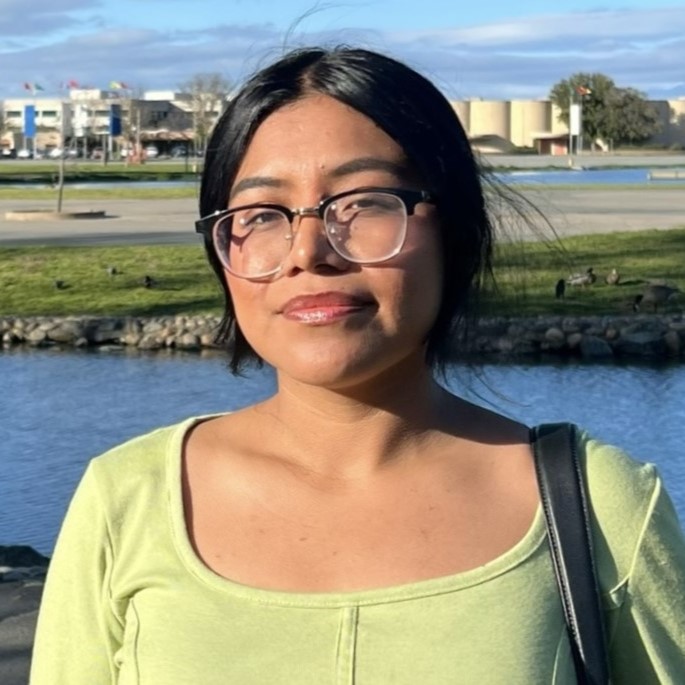
Ester Hernandez, Bilingual Clinical Research Associate
“My goal is to make vital information more accessible to the Latino community, ensuring they fully understand the trial processes and outcomes. Additionally, I aim to educate the community by bridging language barriers, which will ultimately help increase their participation and representation in clinical research.”
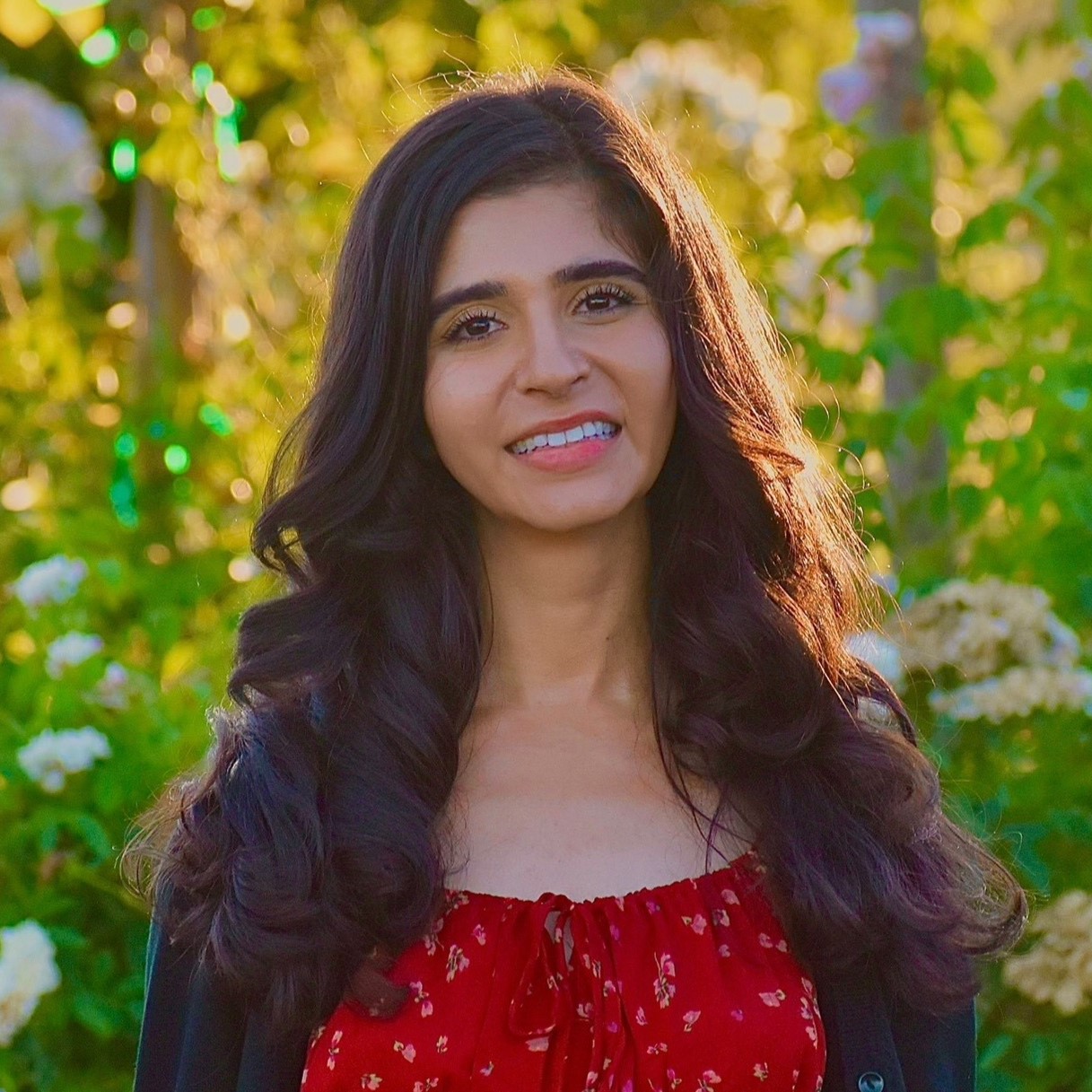 Lali Perez - Clinical Research Associate
Lali Perez - Clinical Research Associate
“I got involved in working on clinical trials when I was a 19-year-old undergraduate. That experience ignited a passion for clinical research. Losing a close relative to Alzheimer’s sparked a deep personal interest in neurological disorders and how they impact individuals and families. I’m bilingual and am excited to do outreach to a community that is often left out of the research equation.”
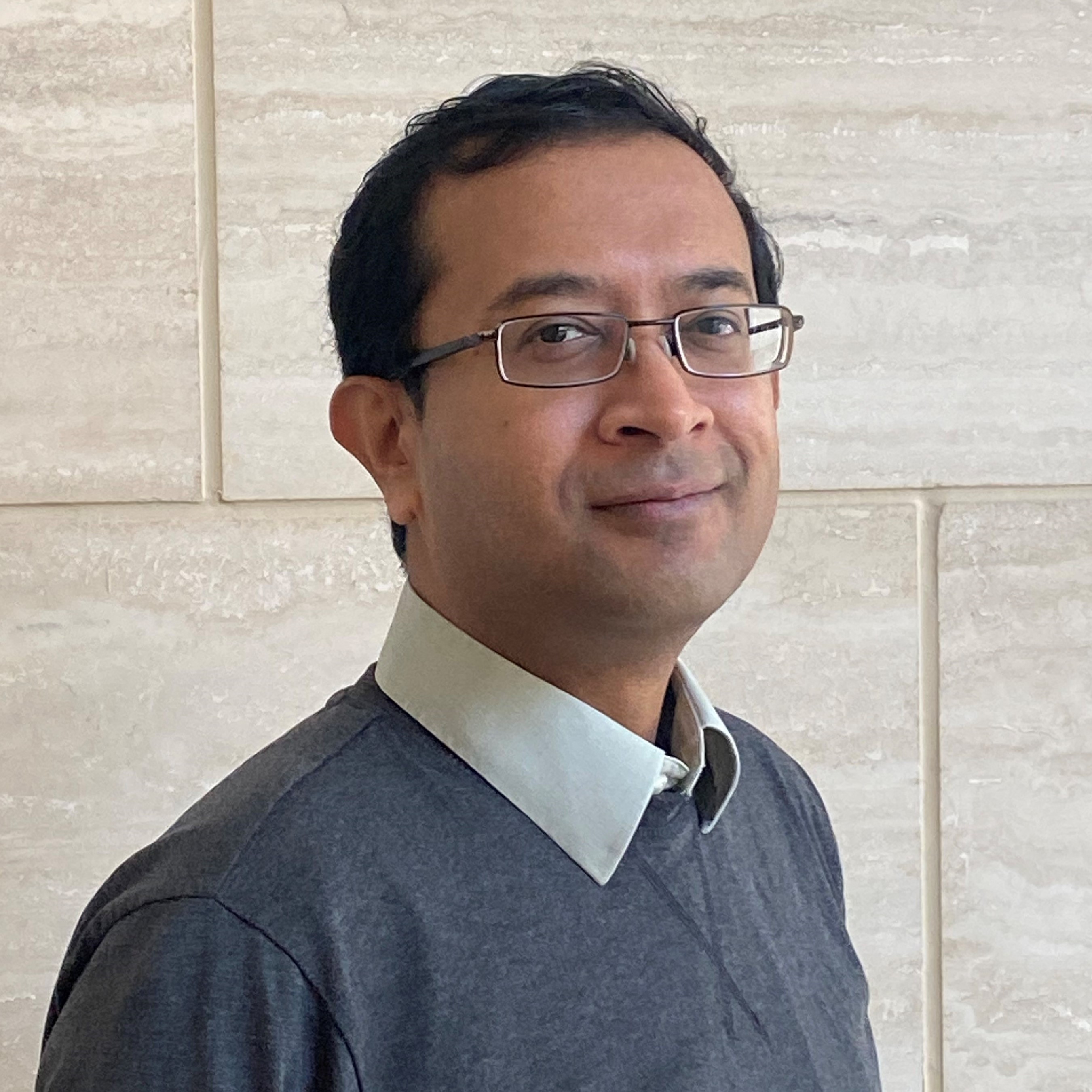 Chatura Senadheera, Clinical Project Manager
Chatura Senadheera, Clinical Project Manager
“It's always amazing to realize how multidisciplinary, talented and competent the staff are to make sure all aspects of the trials are completed. Here at the Buck we have created from the ground up a clinical unit that can do any aspect of the trial, from volunteer interactions to laboratory processing of the clinical samples, without a hitch.”
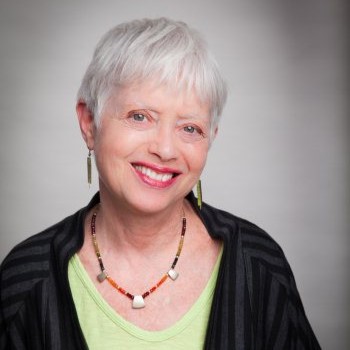 Wendie Silverman-Martin, RN, Clinical Research Nurse
Wendie Silverman-Martin, RN, Clinical Research Nurse
“I like the fact that we really work well together as a team, and I enjoy contributing my intravenous and nursing skills to these studies. Our Clinical Research Team appreciates the volunteers very much - our learning about various aspects of aging depends on them. I am an older nurse with 38 years of experience, so these studies are important to me as I age further.”
 Elizabeth Stephens, Clinical Research Associate
Elizabeth Stephens, Clinical Research Associate
“I am very grateful to have grandparents who are in their 70s who have aged very well; my grandfather helped me carry a piano up to my apartment at age 75 and I want more people to be able to live like that into their older age. Some of the trials we are doing will help us learn more about the aging body and learn more about how we can augment it, or what we can do to benefit people as they age and increase health span.”
For more information on our clinical trials and to show your interest in participating, please go to: https://www.buckinstitute.org/clinical-trials/
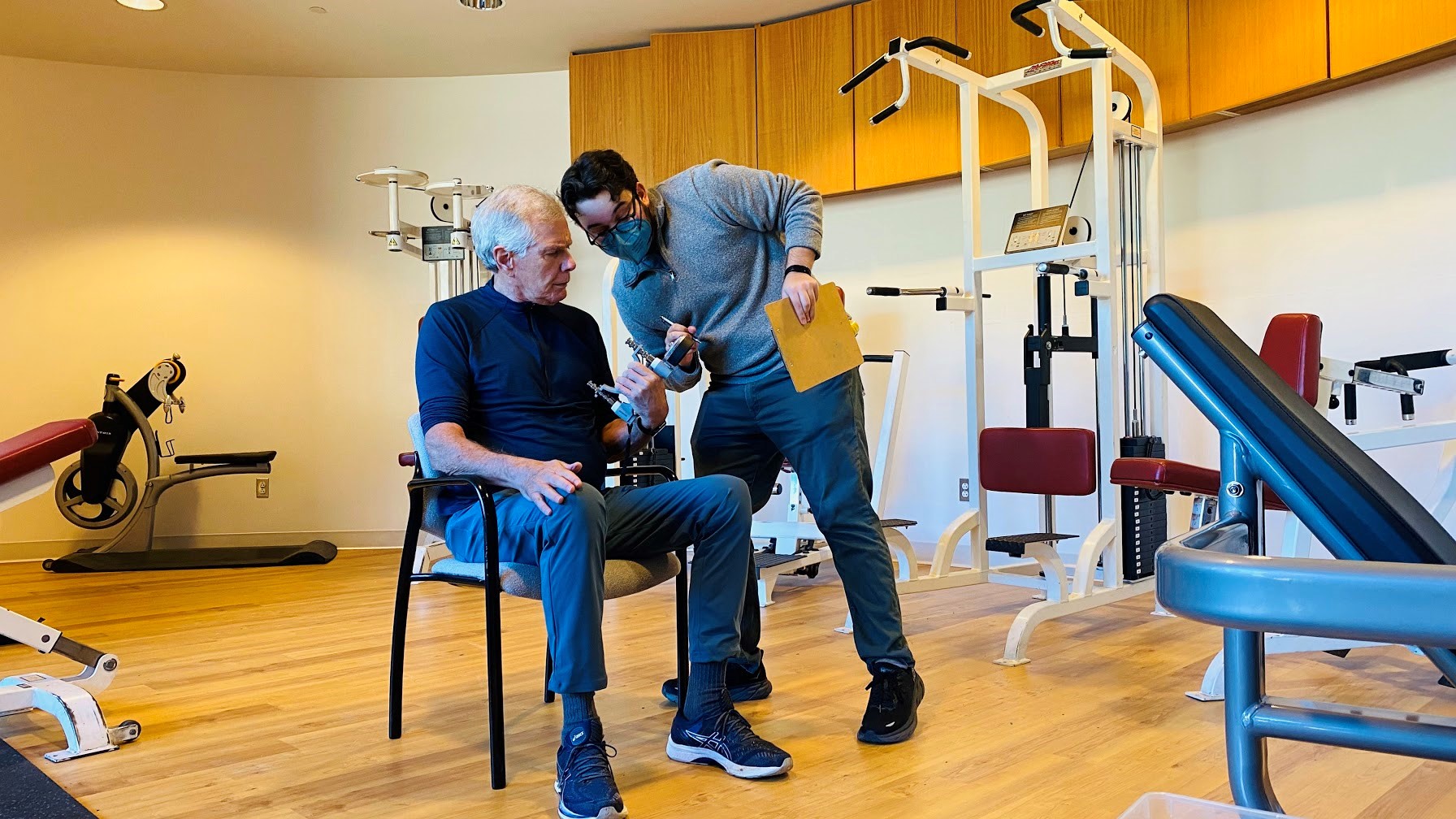
SHARE